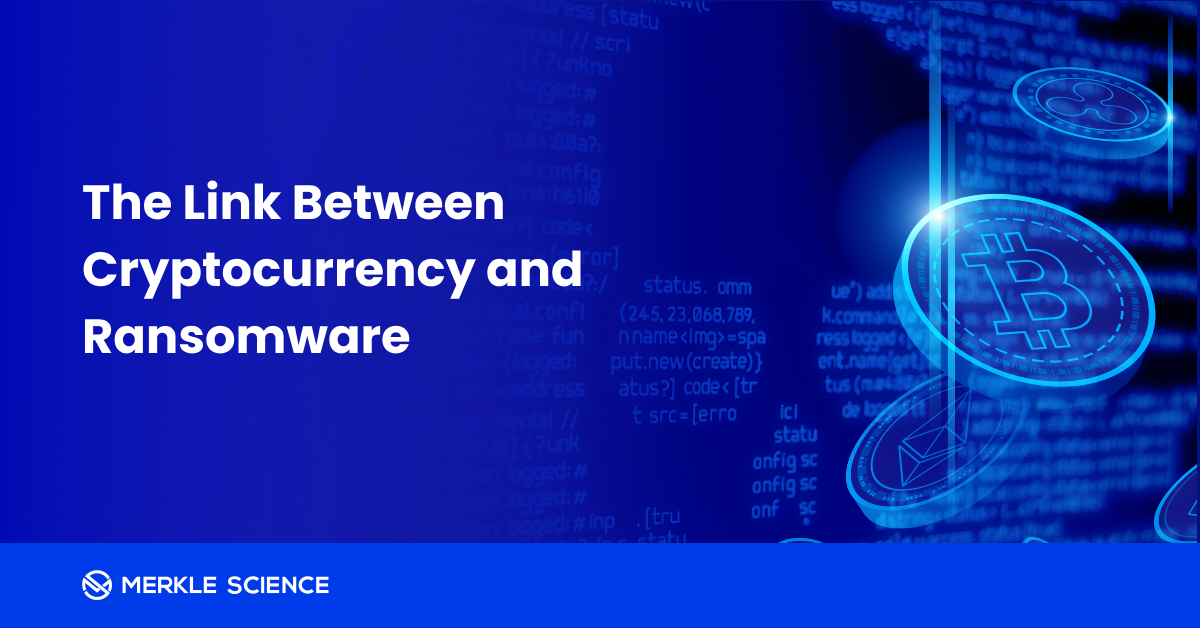Privacy Coins: Legitimate Uses and Illicit Risks Explained
In the age of digital anonymity and ubiquitous transaction data, financial privacy has become increasingly valuable. Traditional cryptocurrencies, while offering a degree of anonymity, still leave a public record of transactions on a blockchain. This is where privacy coins emerge, bringing in a unique class of cryptocurrencies designed to obfuscate transaction details and enhance user anonymity on-chain.



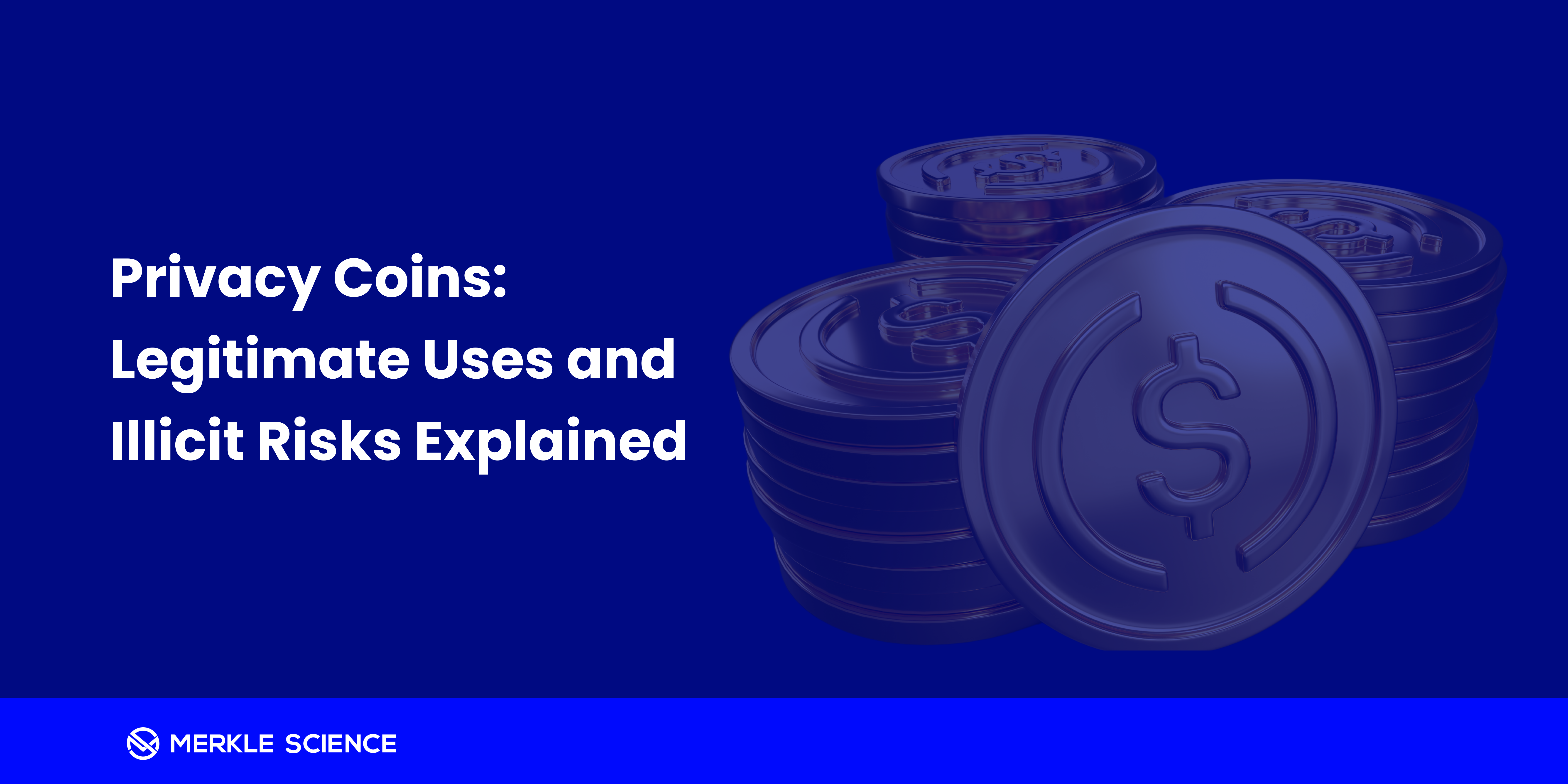
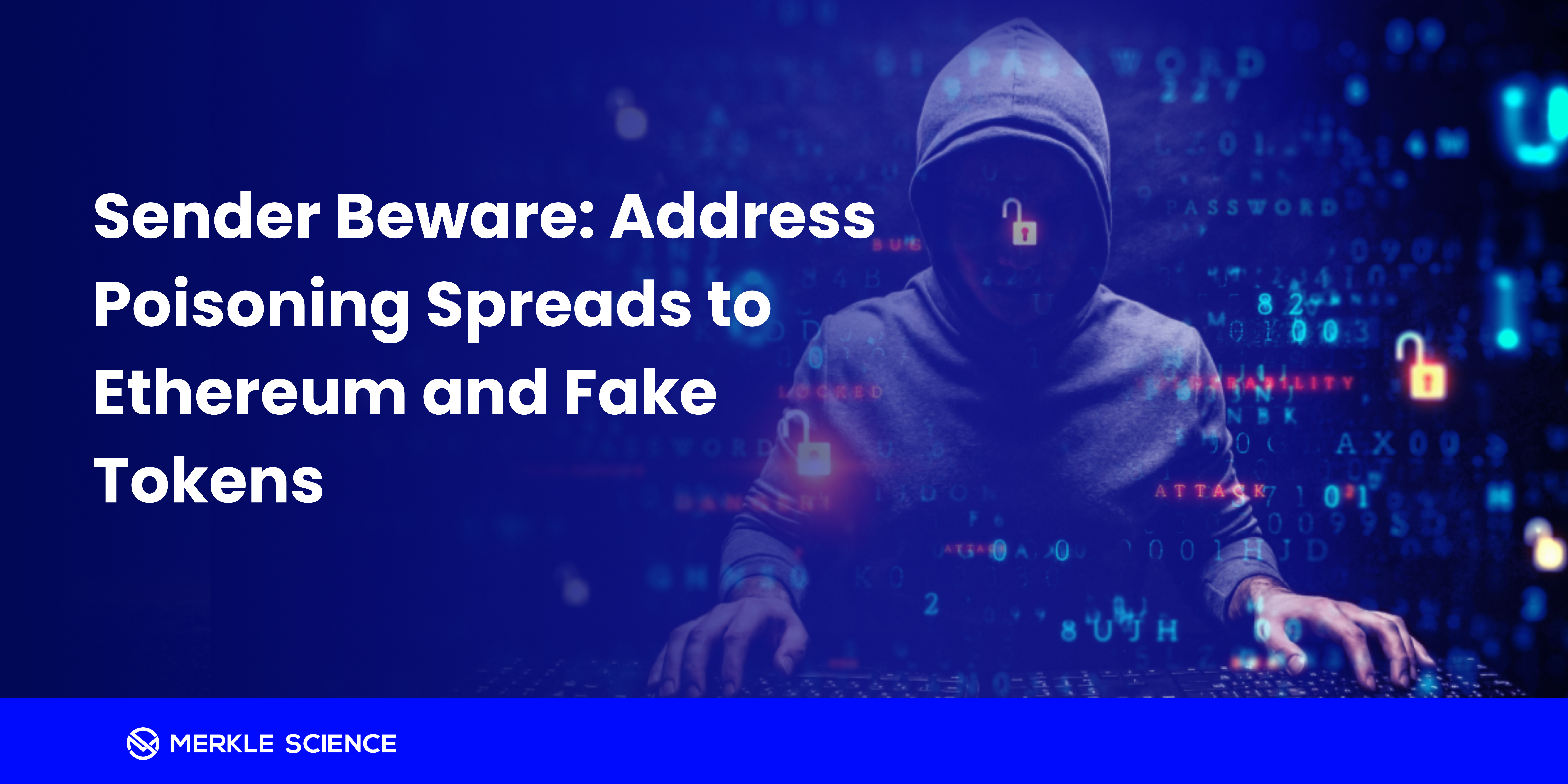


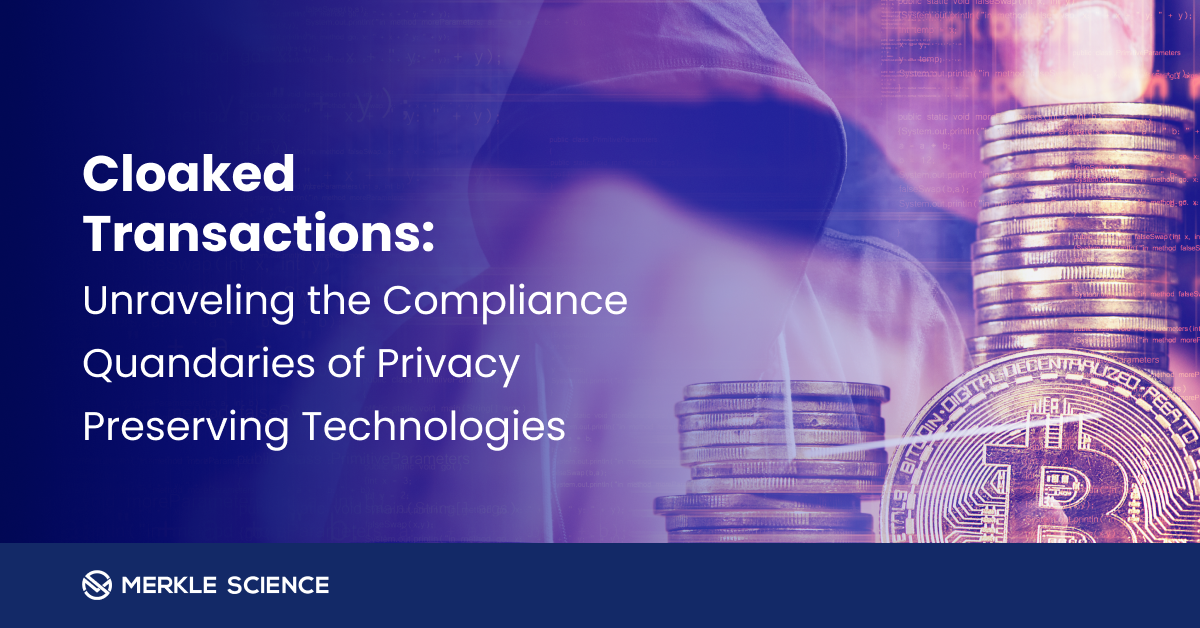
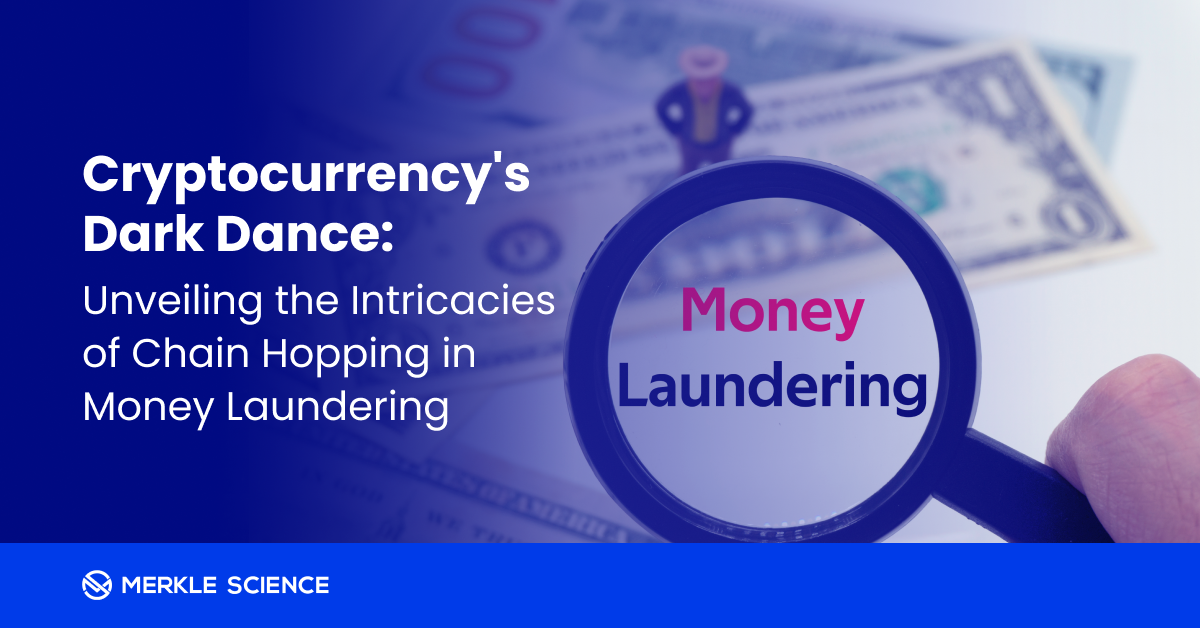

.png)

